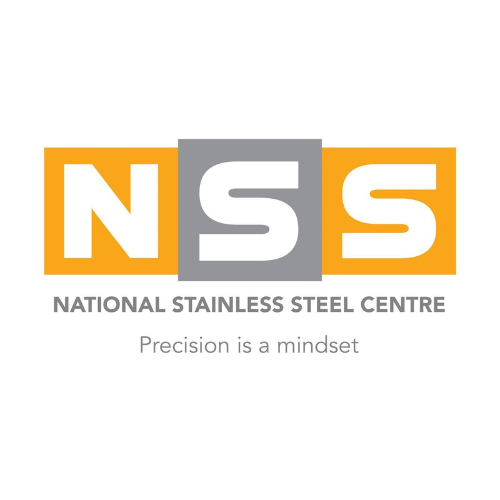When working with stainless steel suppliers, it’s essential to understand the different material grades they offer. This knowledge allows you to find the best balance of cost-effectiveness and suitability for your specific requirements. While some grades may appear similar superficially, they possess distinct characteristics that impact the durability and quality of the final product or structure.
The corrosion resistance of stainless steel is largely attributed to chromium. However, its overall composition also includes other alloys and metals. Each grade of stainless steel is defined by the relative amounts of chromium, iron, and other elements. These proportions govern properties like resistance to oxidation, melting point, and tensile strength. Therefore, selecting the appropriate grade necessitates an understanding of the available options and their potential benefits for your project. It is crucial to note that genuine stainless steel is always certified. For every type of stainless steel, including 3CR12, ensure you receive a material certificate to verify its authenticity. The most common stainless steel grades are as follows:
- 304
304 stainless steel is a popular grade with 8% nickel and 18% chromium, and it provides standard corrosion resistance, strength, and formability. Plus, it is easy to maintain.
Stainless steel suppliers often customise and supply 304 stainless steel for applications like water piping, indoor electrical enclosures, storage tanks, food processing equipment, appliances & architectural elements. This grade is also widely used for appliances, decorative trim, and kitchen equipment.
- 316
For projects that require higher corrosion resistance, 316 stainless steel is a better choice, particularly against acids and chlorides. That makes it popular for various applications, including food service and manufacturing, medical implants and equipment, brewing facilities, and any environment likely exposed to acids and alkalis. This stainless steel grade is also ideal for roadways and other areas with high exposure to salts, like coastal environments.
316 stainless steel is easy to clean and resists damage from harsher detergents and cleansers. As such, it is ideal for environments with high standards of cleanliness and hygiene. Stainless steel suppliers often customise this grade for making chemical piping and equipment, pharmaceutical and medical equipment, structural components for marine use, and stainless steel floats.
- 3CR12 For a more corrosion-resistant alternative to aluminum or mild, pre-painted, and galvanised steels, 3CR12 stainless steel is a great choice. It performs well in aggressive atmospheric conditions, especially in applications like petrochemical and chemical industries, mineral processing, mining, waste management, sewage, pulp, paper, and sugar. This grade has good forming, welding, punching, and drawing characteristics. Plus, its aesthetics can be improved with paint.
Get these stainless steel grades from trusted suppliers.
National Stainless Steel Centre stocks locally manufactured stainless steel grades in 304L, 3CR12, 316L, and other high-alloy grades. They also offer custom and standard stainless steel plates and cutting services, making them the ideal stainless steel suppliers for any industry. Visit NSSC.co.za for a quote.
About the author:
National Stainless Steel Centre has over 30+ years of experience in providing Steel products across South Africa. They offer laser cutting, High-definition Plasma cutting, Water jet cutting, and CNC bending, including tube bending, section rolling, Plate rolling, polishing, CNC machining, milling, and drilling services, among others, with International Standards. Visit their website for more information.



